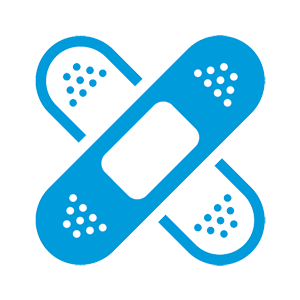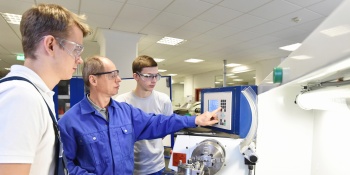
New drug class for tuberculosis treatment



Attractive

Low Complexity

Band Aid
PROBLEM
The current disease treatment takes too long and require the administration of lots of pills, causing to have high abandon rates by patients. The incomplete treatment favors the appearing of new resistance disease cases, which increases drastically the costs with the treatment and population mortality. For more than 40 years it has not been developed a new drug against tuberculosis (TB Alliance Annual Report, 2009).
SOLUTION
The developed compounds has shown to be effective, in vitro, against the main agent that causes Tuberculosis, Mycobacterium tubercolosis, sensible to the current therapeutic schema, as well as the isolated mono and Multi-drug-resistance clinics.
Benefits: The developed compounds present high inhibitory activity against M. tuberculosis, so efficient or better than best currently used medicines for the treatment (rifampicin, isoniazid, ethambutol and pyrazinamide), with fewer citotoxic effects in in vitro experiments, in macrofagos cells culture. The biggest differential is the possibility of acting over current drugs resistant strains. The usage of compounds would bring countless benefits, such as:
- Efficient treatment against tuberculosis and possible treatment against resistant tuberculosis;
- Reduction in treatment time;
- With greater efficiency and lower time, the new drug should lower the treatment abandon and costs.

Idea

Laboratory

Prototype

Scheduling

Market
Agency Code
Patent
Date of deposit
Inventor(s)
Maria Helvecia Torre Guayta
Dinorah Gambino Vedani
Maria Belen Tarallo Dovat







